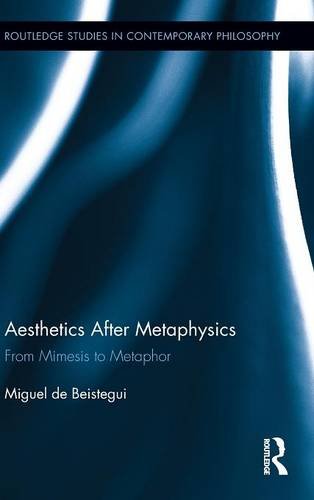

Most ebook files are in PDF format, so you can easily read them using various software such as Foxit Reader or directly on the Google Chrome browser.
Some ebook files are released by publishers in other formats such as .awz, .mobi, .epub, .fb2, etc. You may need to install specific software to read these formats on mobile/PC, such as Calibre.
Please read the tutorial at this link: https://ebookbell.com/faq
We offer FREE conversion to the popular formats you request; however, this may take some time. Therefore, right after payment, please email us, and we will try to provide the service as quickly as possible.
For some exceptional file formats or broken links (if any), please refrain from opening any disputes. Instead, email us first, and we will try to assist within a maximum of 6 hours.
EbookBell Team

4.4
92 reviewsThis book focuses on a dimension of art which the philosophical tradition (from Plato to Hegel and even Adorno) has consistently overlooked, such was its commitment – explicit or implicit – to mimesis and the metaphysics of truth it presupposes. De Beistegui refers to this dimension, which unfolds outside the space that stretches between the sensible and the supersensible – the space of metaphysics itself – as the hypersensible and show how the operation of art to which it corresponds is best described as metaphorical. The movement of the book, then, is from the classical or metaphysical aesthetics of mimesis (Part One) to the aesthetics of the hypersensible and metaphor (Part Two). Against much of the history of aesthetics and the metaphysical discourse on art, he argues that the philosophical value of art doesn’t consist in its ability to bridge the space between the sensible and the supersensible, or the image and the Idea, and reveal the sensible as proto-conceptual, but to open up a different sense of the sensible. His aim, then, is to shift the place and role that philosophy attributes to art.